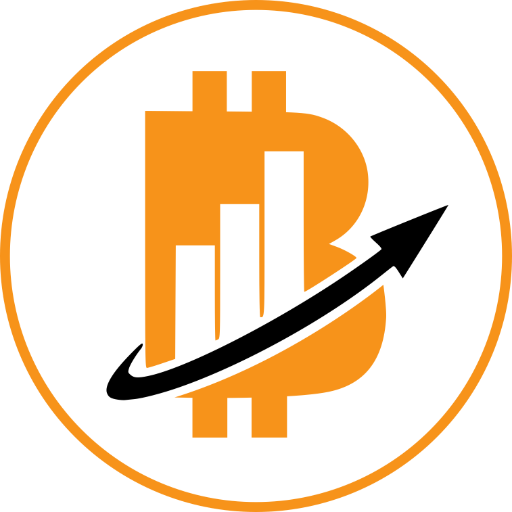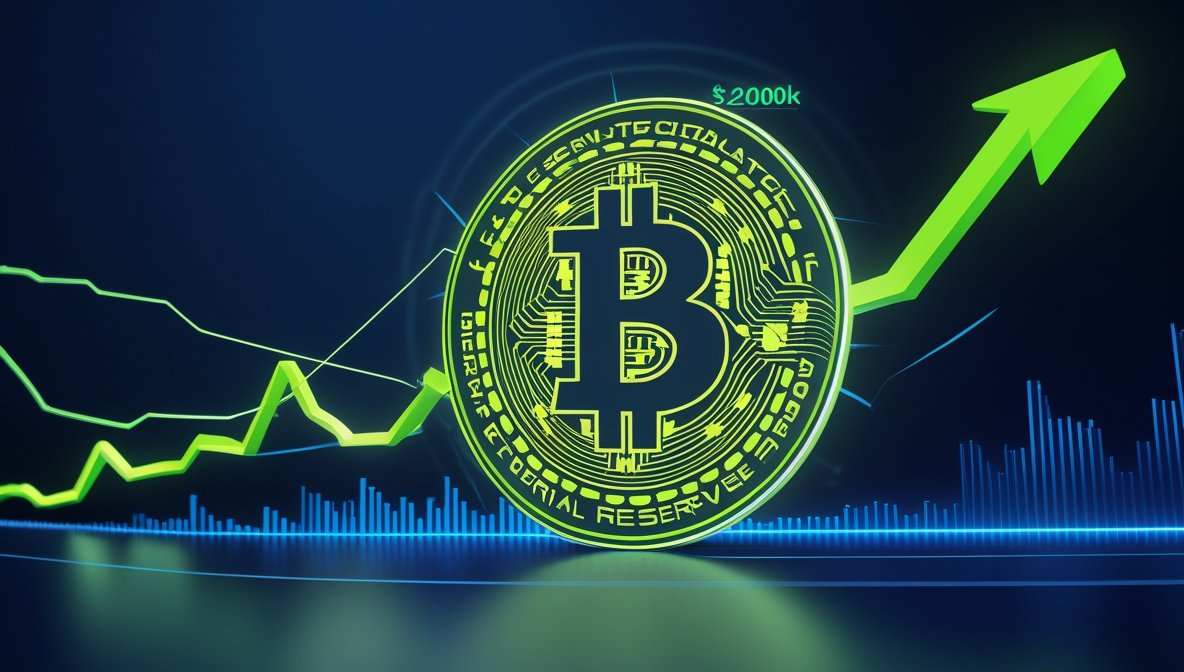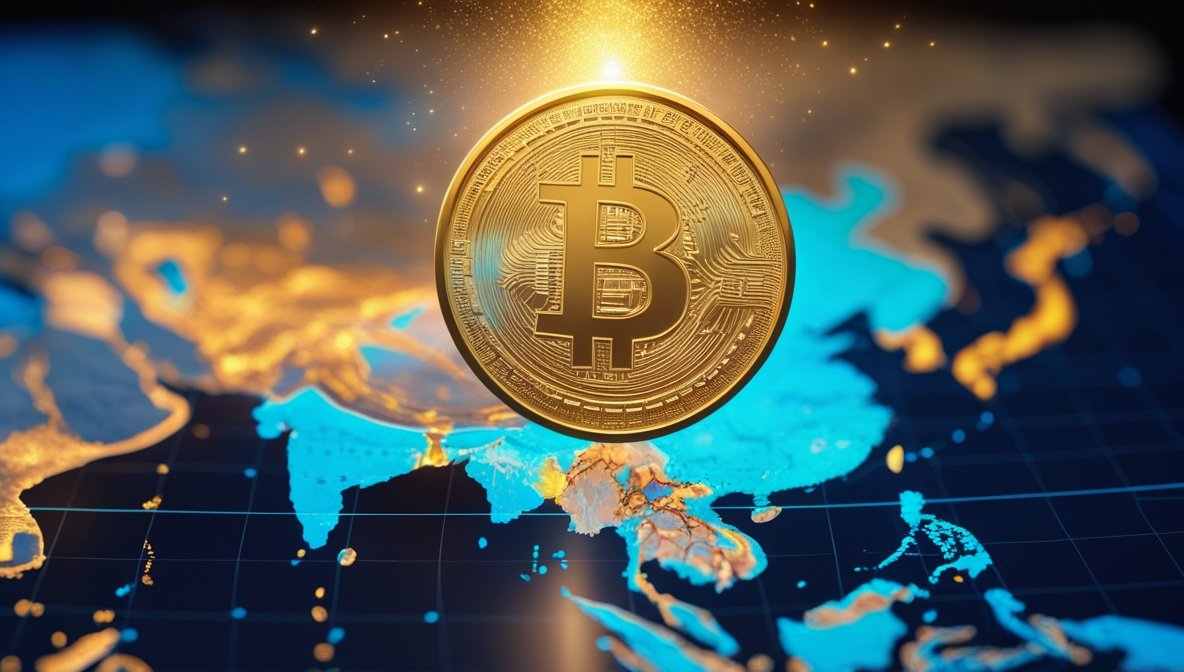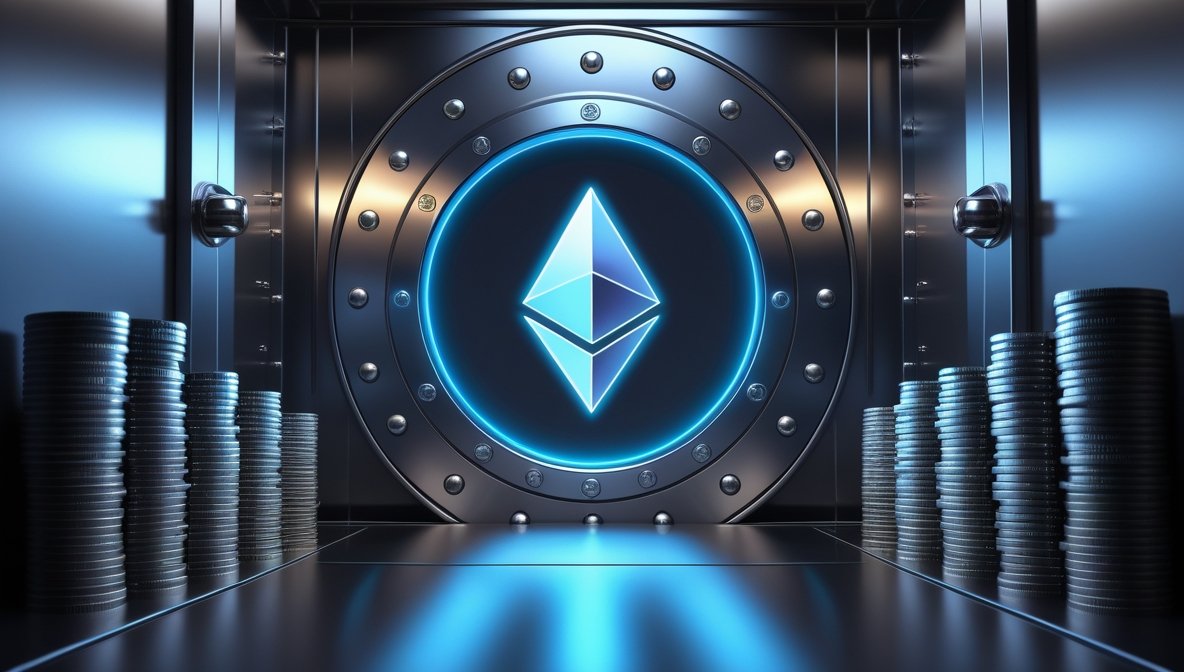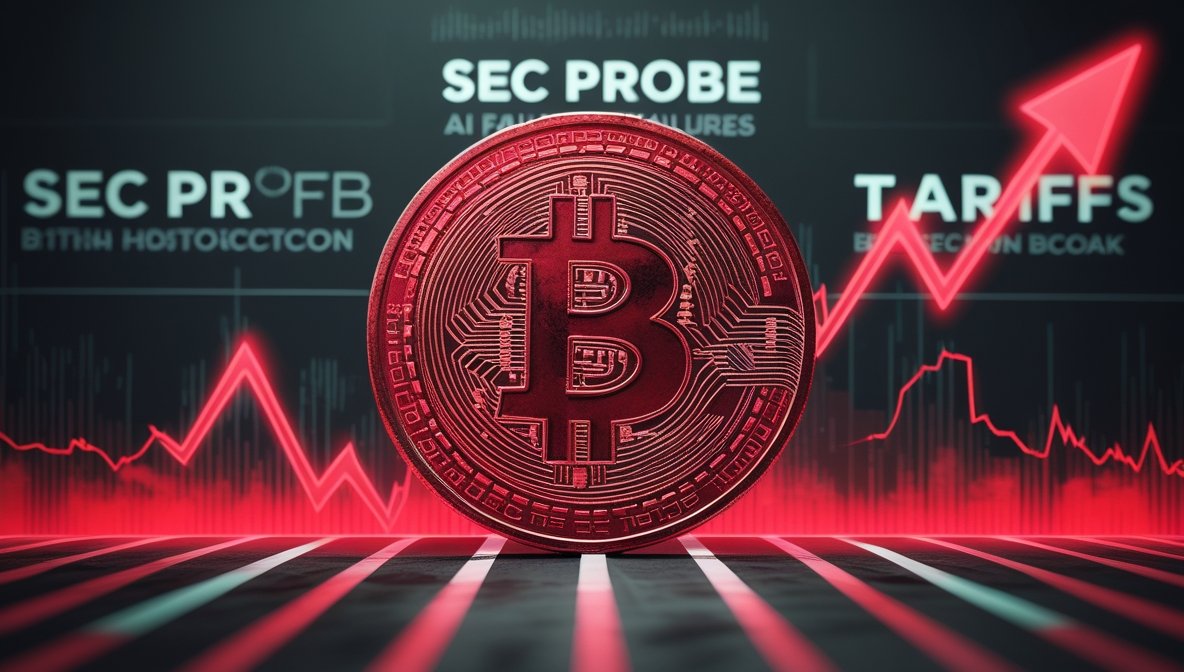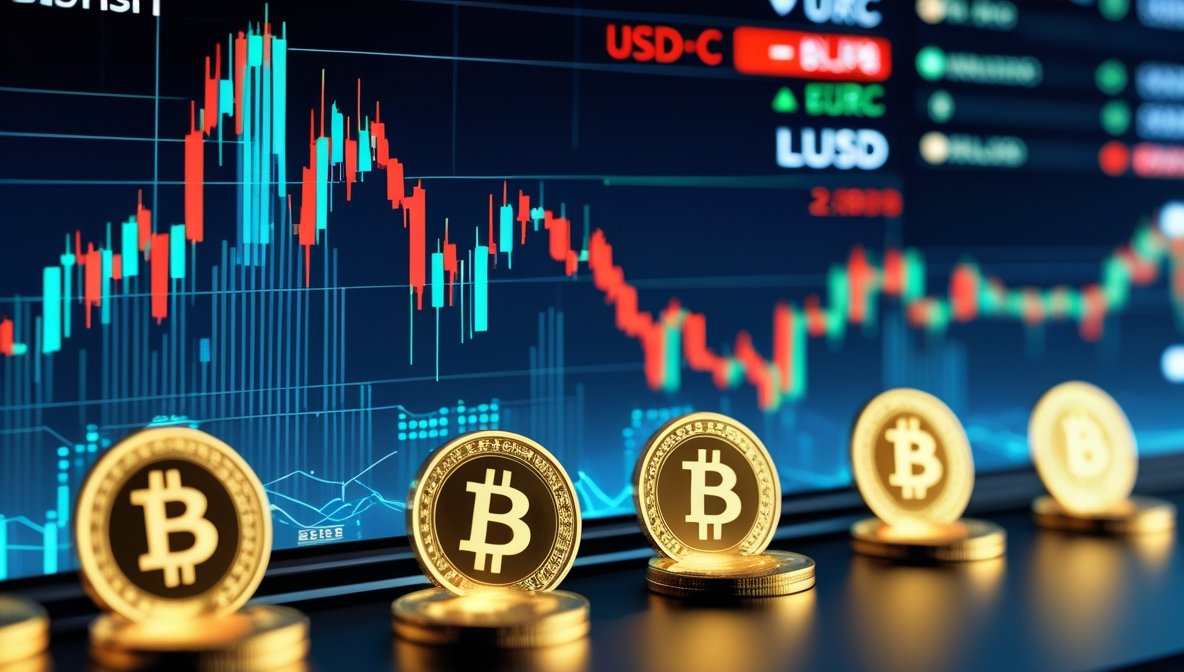Bitcoin jumps after Powell signals possible rate cuts — analysts now foresee a potential run to $200K amid institutional demand and ETF inflows.
Bitcoin Price Climbs After Powell Signal Momentum Gears Up for Next Leg
BTC is on the move again, ticking up 1.2% to around $114,942 after Federal Reserve Chair Jerome Powell hinted that interest rate cuts might be on the horizon during his Jackson Hole speech . Lower rates typically lift risk assets like crypto and weaken the dollar, giving BTC a tailwind.
Bitcoin Price Rebounds with Rate Cut Buzz
This rebound comes after Bitcoin retraced from its August high above $124K a reminder that crypto remains hyper-sensitive to macroeconomic cues. Meanwhile, analysts at Bernstein are pushing the bullish case even further, projecting Bitcoin could reach $200,000 within 6–12 months, powered by institutional demand and regulatory tailwinds like the U.S. GENIUS Act .
Asia’s wealthy investors are doubling down too putting more into crypto amid rising confidence and better regulations. UBS reports that Chinese family offices are upping crypto exposure to about 5% of their portfolios .
Put it all together: bullish signals from the Fed, long-term price targets getting more ambitious, and deep-pocketed investors leaning in the BTC price may have more runway than skeptics think.
YOU MIGHT ALSO LIKE: Huge ! Ethereum Treasuries Surpass 4.1M ETH Worth $17.5B Across 69 Firms
